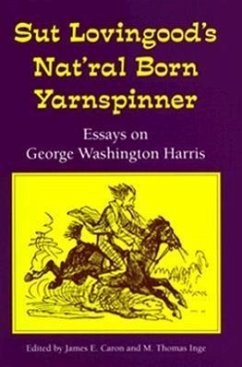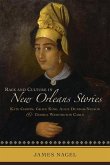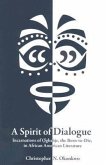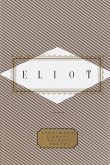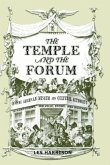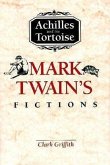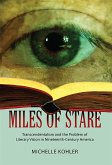Sut Lovingood's Nat'ral Born Yarnspinner: Essays on George Washington Harris is the first collection of critical commentary and new scholarship to be published on the east Tennessee, antebellum comic writer who was famous for creating the character of Sut Lovingood. The collection both recognizes and reconfirms the status of Harris as one of the most important antebellum comic writers by bringing together new essays with essential biographical information and representative commentary from the past. Anyone wishing to understand Harris and his place within the tradition of American humor will want to read this book. Born in Allegheny, Pennsylvania, Harris (1814-1869) spent most of his life in Knoxville, Tennessee. He served as captain on a Tennessee River steamboat, tried his hand at large-scale farming, and operated a metal working and jewelry shop. While on the farm he began to experiment with a variety of literary forms, and by 1854 he introduced Sut Lovingood, a youthful and "nat'ral born durn'd fool" from Tennessee. Throughout the 1850s Harris created a variety of adventures for Sut that were extremely popular and often reprinted. Many of these Sut stories were included in his only book collection (Sut Lovingood. Yarns Spun by a "Nat'ral Born Durn'd Fool"), which was first published in 1867 and remained continuously in print until 1925. In his masterful use of dialect, striking control of metaphor and imagery, and the creation of explosive action, Harris was to have no match until Mark Twain and William Faulkner, both of whom read Harris with great appreciation.

